NFTs: promisingly transformational, yet fraught with IP pitfalls – Part I
Kluwer Copyright Blog
JUNE 19, 2023
Caveat Emptor The common notion that acquiring ownership of an NFT representing a work in which copyright subsists equates to owning the copyright to the underlying work is clearly false. For instance, CrypToadz is a prominent CC0 NFT project wherein the artwork related to the NFT is in the public domain.

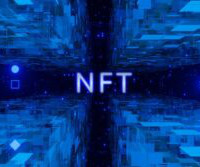
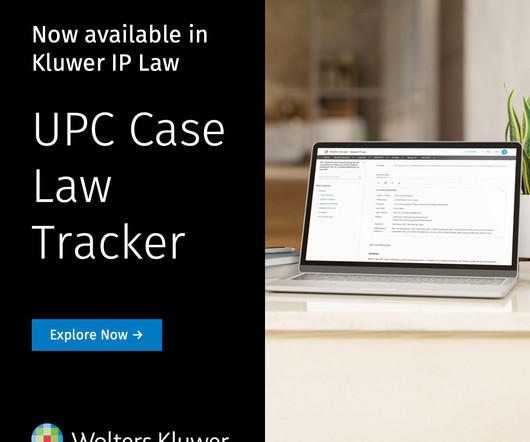
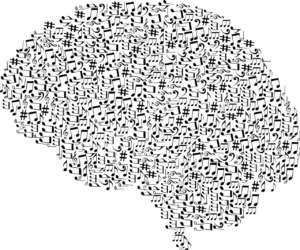

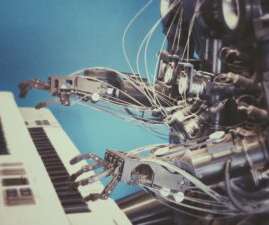
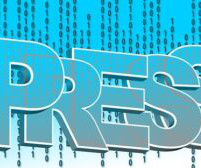







Let's personalize your content